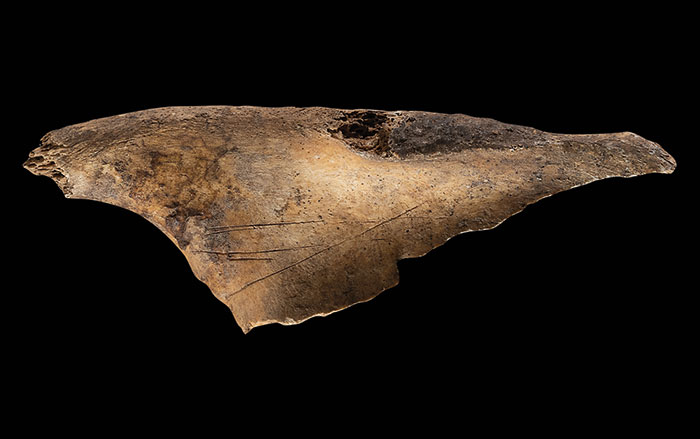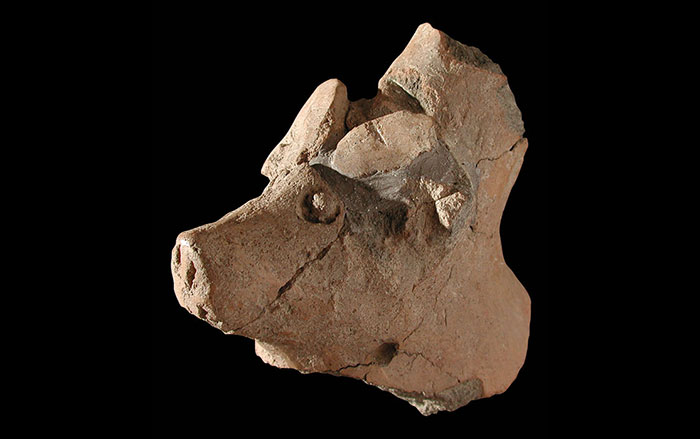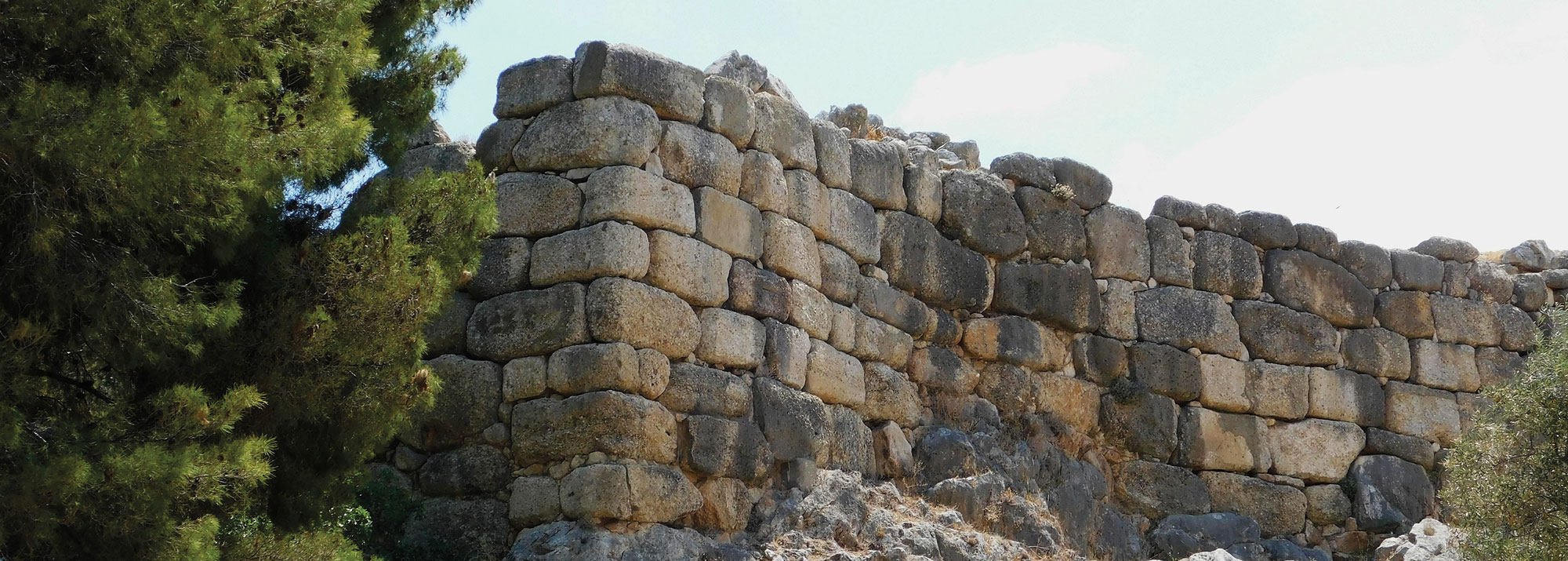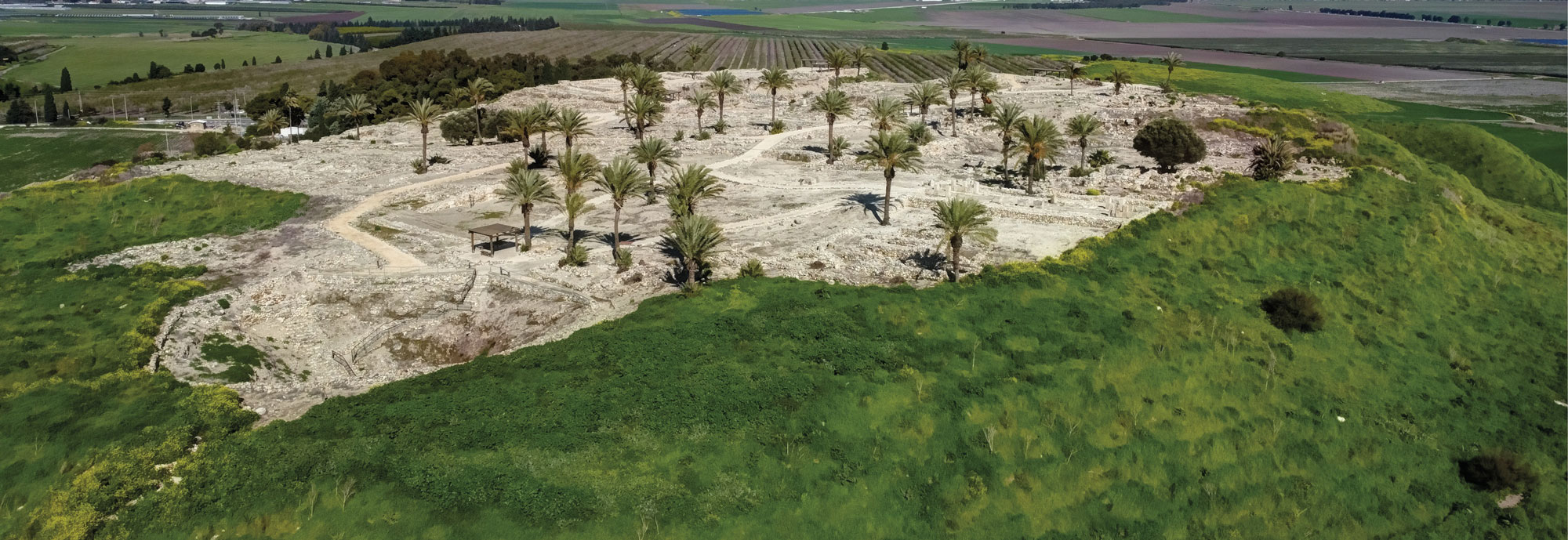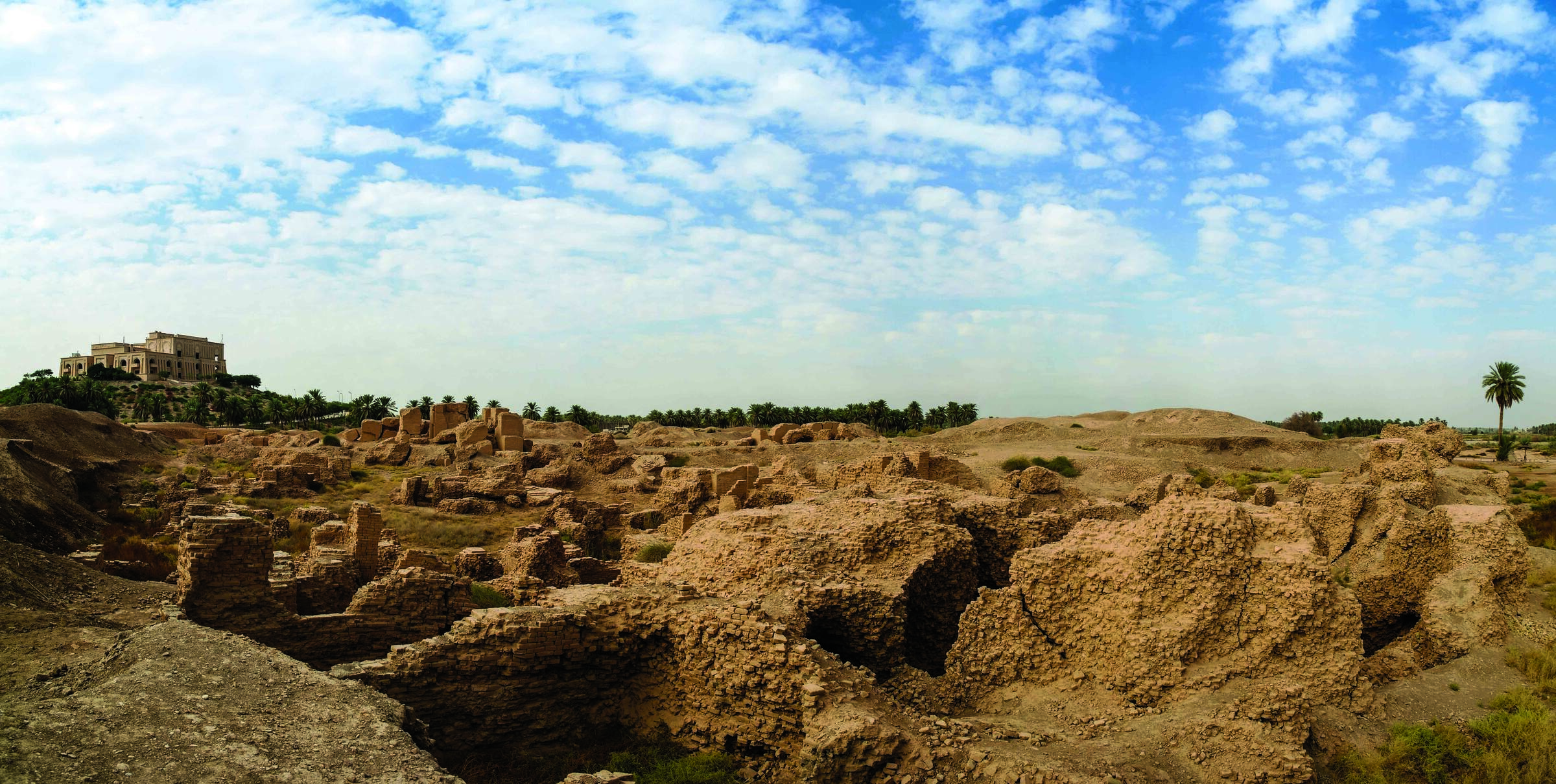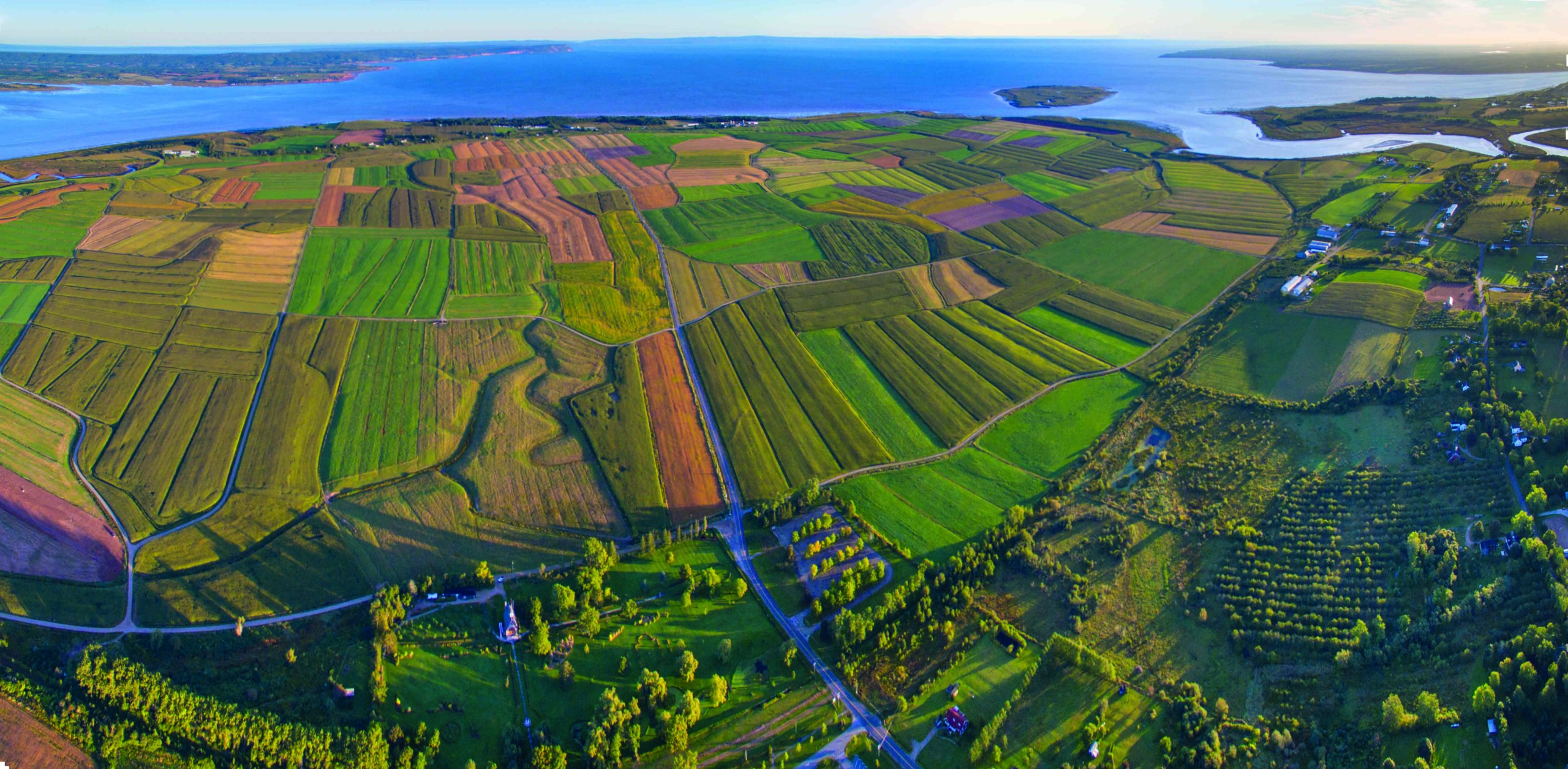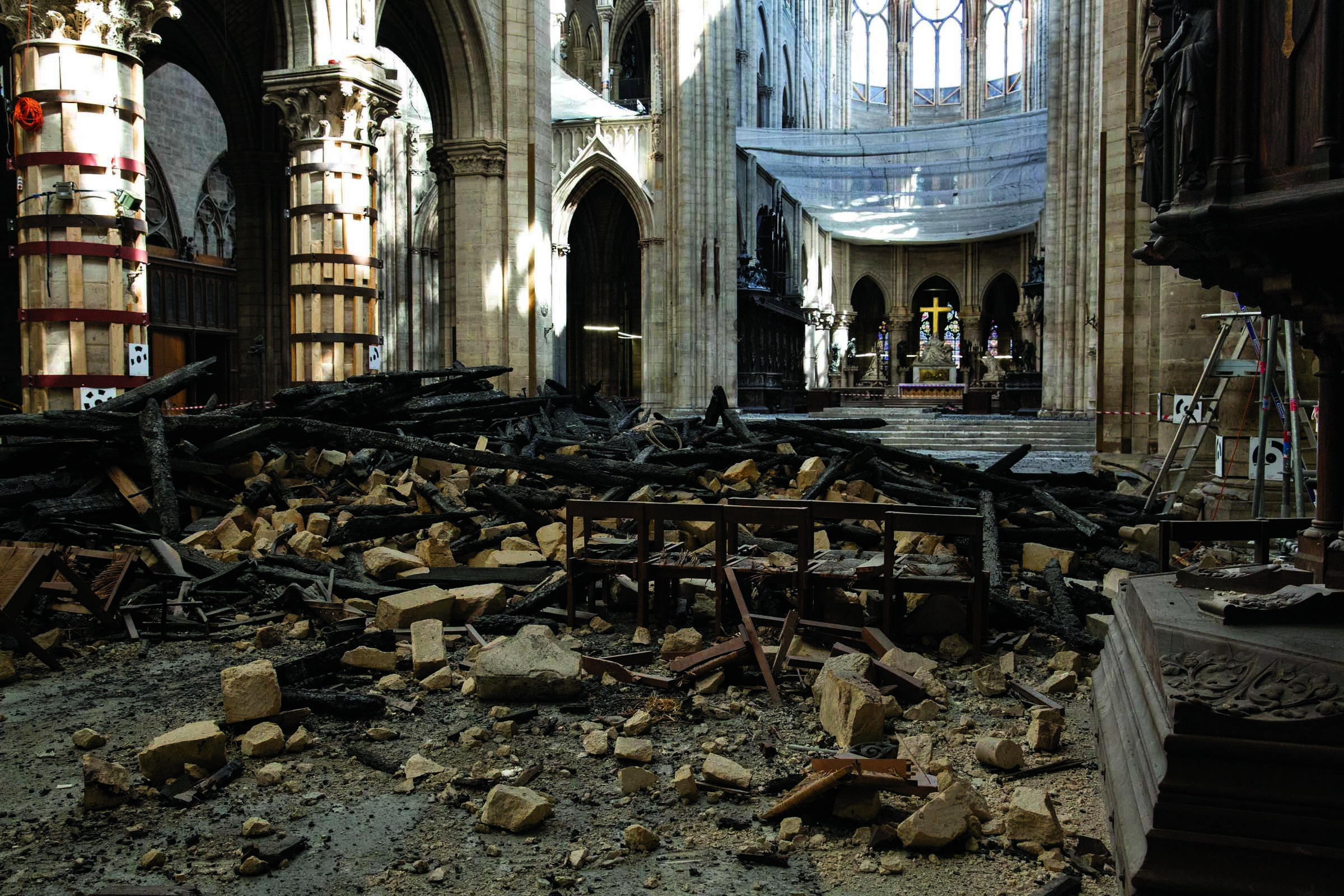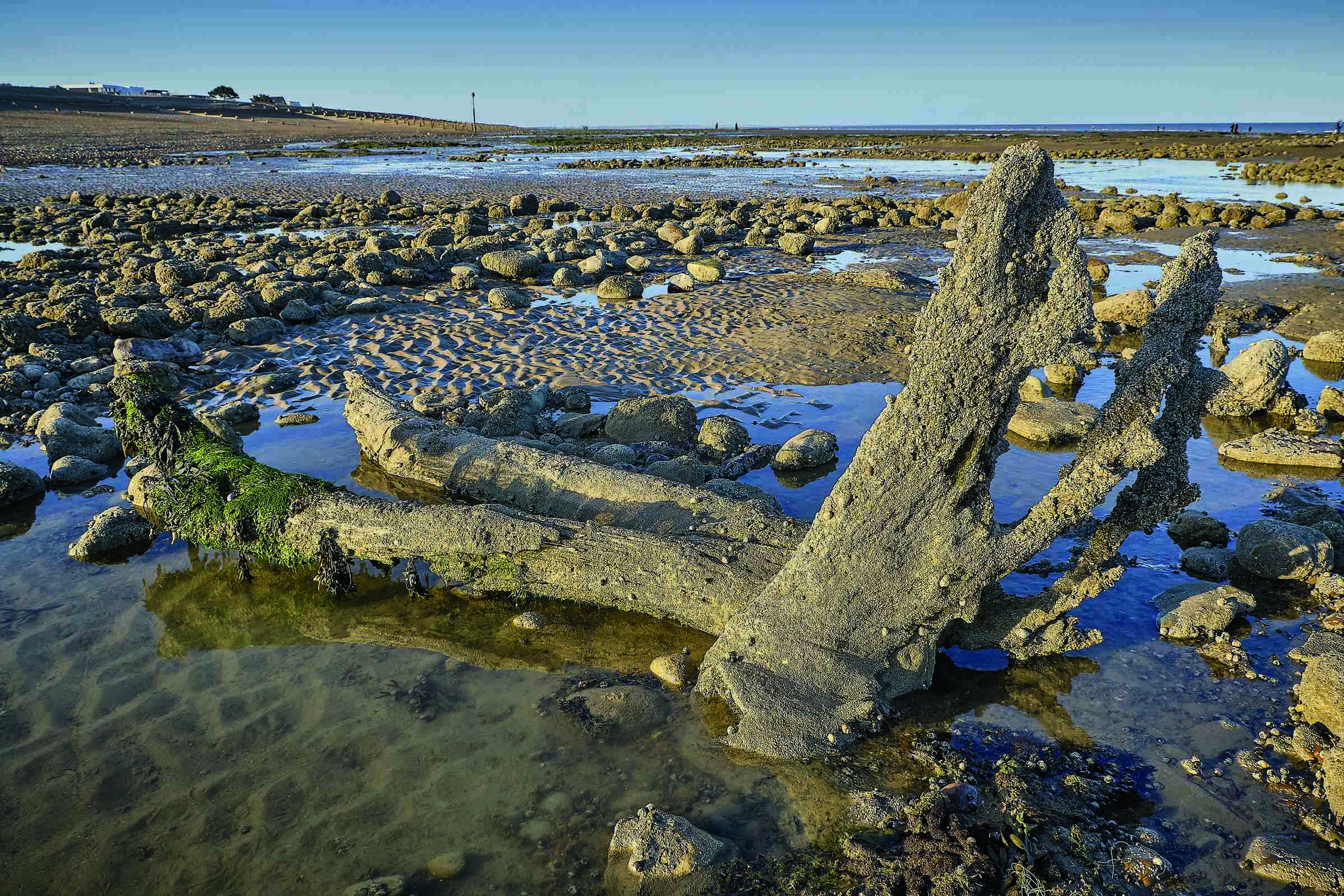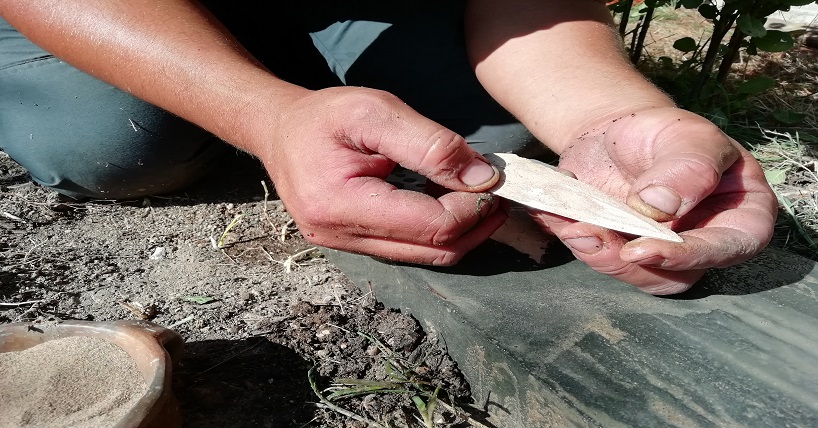
NEWCASTLE UPON TYNE, ENGLAND—According to a statement released by Newcastle University, an international team of researchers has developed a new technique to analyze residues on Bronze Age daggers, which have been found in weapon-rich burials throughout Europe, Britain, and Ireland. The technique involves staining the residues with Picro-Sirius Red solution, and then observing them under optical, digital, and scanning electron microscopes. Team leaders Andrea Dolfini and Isabella Caricola and their colleagues employed the technique to test ten daggers from Pragatto, a Bronze Age settlement site in Italy, and they detected the presence of collagen and fibers from bones, muscles, and tendons from multiple kinds of animals. Experiments involving processing animal carcasses with replica daggers revealed that the tools were well-suited to the job. Residues from the replica daggers were also analyzed, and found to match residues on the ancient ones, Dolfini explained. It had been previously thought that Bronze Age daggers were primarily ceremonial objects placed in warriors’ graves as symbols of their identity and status. Read the original scholarly article about this research in Scientific Reports. To read about a Bronze Age dagger from Denmark, go to "Artifact."


